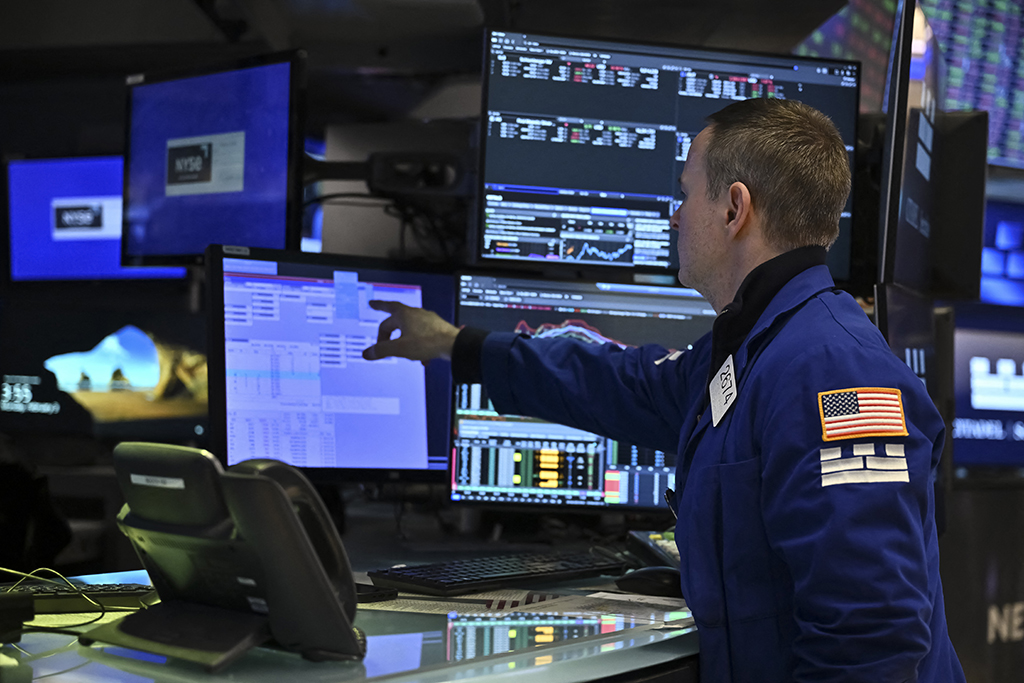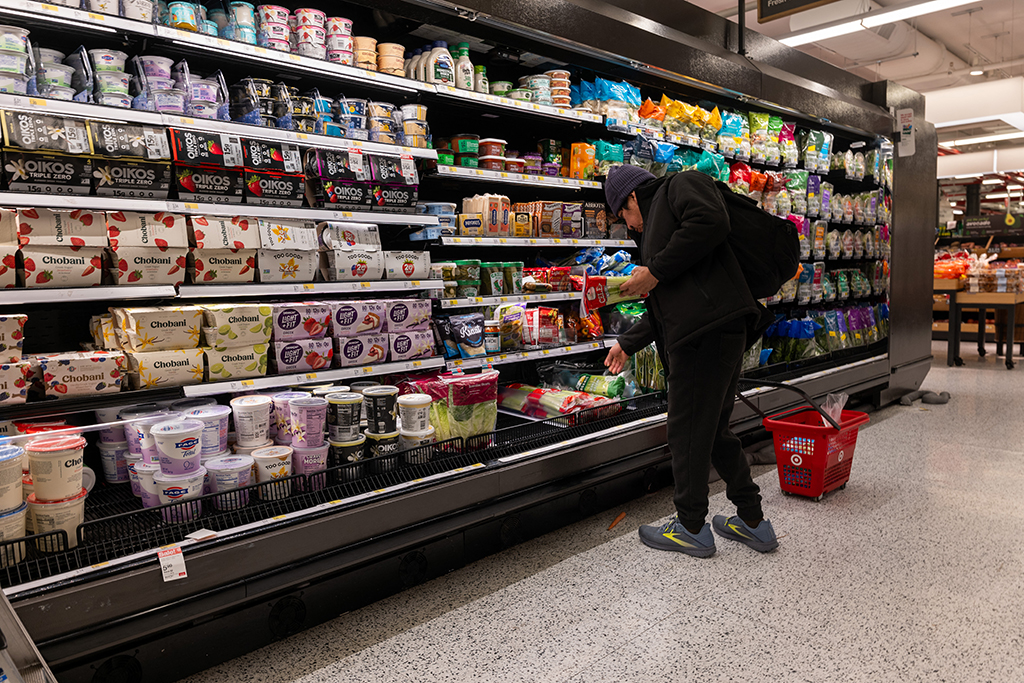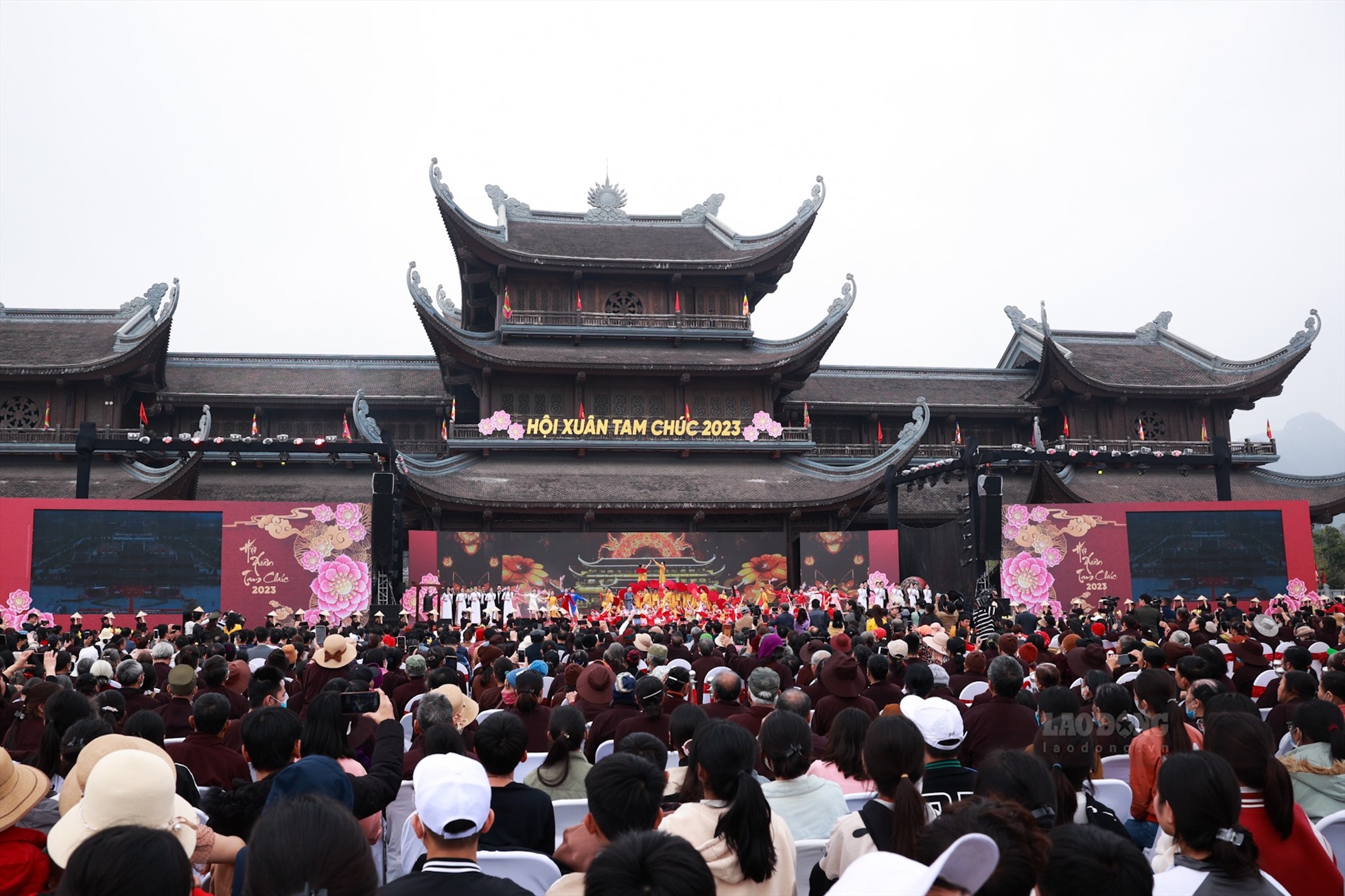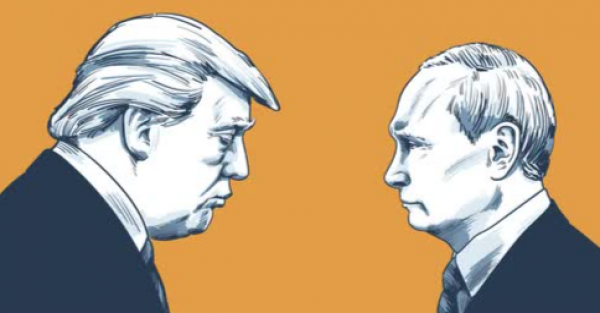Economists have been quick to analyze the impact of the risk of a global trade war, stemming from US President Donald Trump's tariff policy.
According to DW News Agency, citing chief economist Carsten Brzeski at ING Bank (Germany), Mr. Trump's tariff policy marks the beginning of a "full-blown trade war" that is expected to escalate in the coming time. In that context, experts have made many comments and forecasts about the long-term impacts in the US as well as globally.
The disadvantages outweigh the benefits.
When announcing the tariffs, Mr. Trump said that this would "create tremendous wealth for our country, help pay off our debt, and make America rich again." The Tax Foundation estimates that the tariffs will raise about $100 billion a year, but one of the effects is that they will increase the price of consumer goods. One positive side of the tariffs is that they help the US reduce concerns about losing manufacturing jobs to countries with low labor costs. However, the Cato Institute (USA) said that tariffs often lead to "widespread protectionism and create an environment favorable to corruption."
Trump raises taxes, China retaliates immediately
According to Forbes magazine, citing Professor Andrew Leahey at Drexel University (USA), without supervision, tariffs will be exploited by companies and officials. "Lobbyists, campaign contributions and political connections can decide who benefits and who bears the burden instead of objective economic factors," he commented.

Farmers harvest soybeans in Ohio (USA). Researchers say Trump's previous tariff policies have negatively affected American farmers.
On the other hand, experts say tariffs can be a “bargaining tool” with countries to protect national interests, but the Cato Institute says tariffs are among the “multifaceted harms of protectionist measures.” A recent study by economists at the Massachusetts Institute of Technology (USA), the University of Zurich (Switzerland), Harvard University (USA) and the World Bank concluded that retaliatory tariffs imposed by China and other countries on US goods during Mr. Trump’s first term had “negative impacts on employment,” especially for farmers.

Traders at the New York Stock Exchange (NYSE), USA on February 3.
Experts from the Organization for Economic Cooperation and Development (OECD) recently warned that US tariff policies could lead to a long-term global recession. While raising its 2025 global growth forecast to 3.3%, the organization warned that "rising trade protectionism, especially from the largest economies, poses downside risks," as well as geopolitical tensions and high public debt.
According to AFP, citing the OECD report, increasing trade restrictions can increase costs and prices, discourage investment, undermine innovation, reduce growth, while increasing import prices, increasing production costs for businesses and reducing living standards for consumers.

A grocery store in New York (USA)
The Wall Street Journal quoted expert Edward Fishman at Columbia University (USA) as saying that the world has changed since Mr. Trump's "first trade war". China, Russia and even US allies have developed retaliatory options that could damage the economy and living standards in the US. "China has learned its lesson, meticulously mapping out global supply chains, identifying choke points that they can turn into weapons with devastating effects," Mr. Fishman commented, referring to China's identification of key mineral advantages, investing to eliminate weaknesses in the semiconductor industry.
Wall Street is worried that Mr. Trump will start a trade war, what do experts say?
Other countries are also increasing their economic warfare capabilities, such as Russia, which has taken advantage of its natural gas and nuclear fuel reserves to reduce its dependence on the US dollar. Japan recently appointed a cabinet minister in charge of economic security, while the EU and the UK have significantly increased their sanctions capabilities. "If Trump continues, he risks setting off a vicious cycle of retaliation that will destroy the global economy. As supply chains are disrupted, prices will rise, shortages will return, and our living standards will all suffer," Fishman warned.
Source: https://thanhnien.vn/se-ra-sao-neu-thuong-chien-keo-dai-185250206214008294.htm






















































Comment (0)